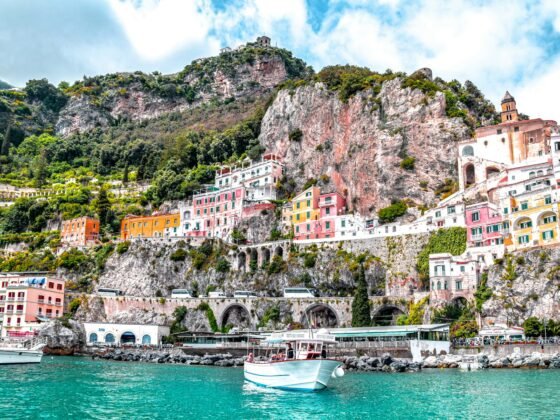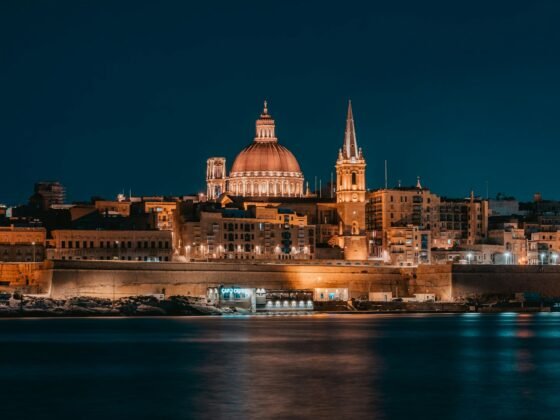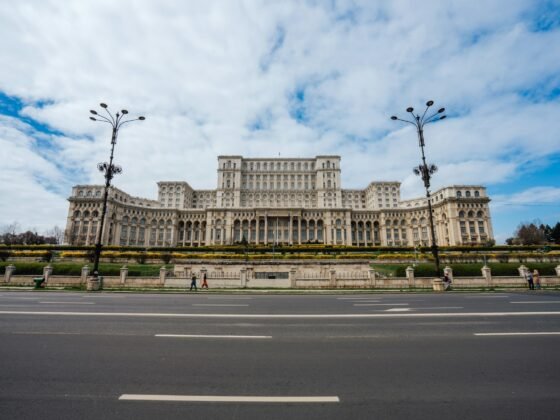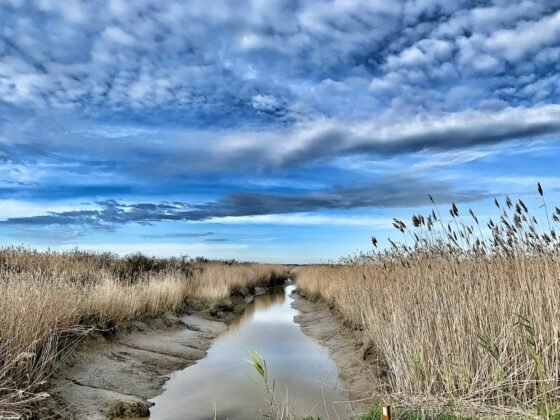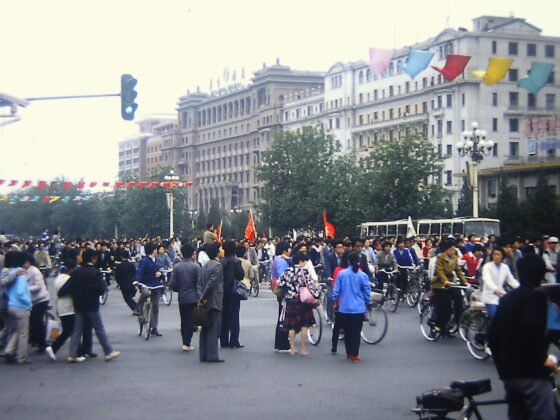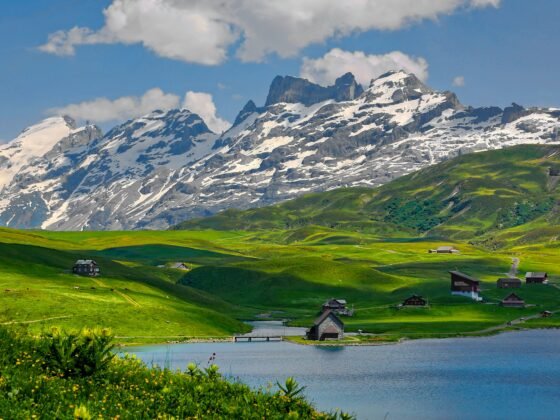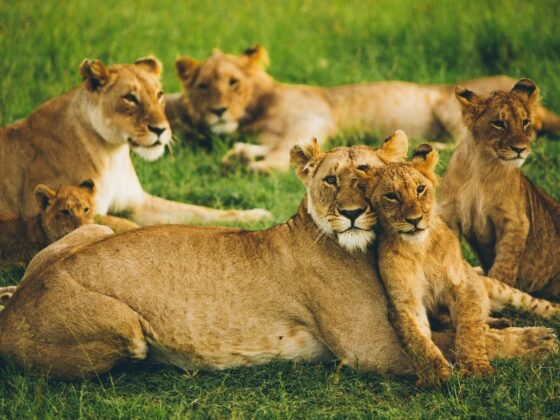As my father and I exited the Lagos airport, I was filled with wonder, because I had finally returned to Africa after 13 years. Reportedly the motherland of us all, it was a completely different world. I had wanted to come at this point in my life, a summer during my PhD training, largely because I wanted to see my 99 year old grandpa, “Baba.” I wanted to ask Baba the deep questions, such as: 1) what is the meaning of life? 2) What is the secret to your longevity? 3) What general advice would you give to a young man like me?
When we left the terminal, my Uncle Peter gave us a warm welcome, and we entered his vehicle. I looked left and right inside his car and then expressed a little dismay at the lack of working seat belts. I guess Nigerians don’t do seatbelts. Navigating the streets of Lagos was a lesson in pure chaos. Dust and pollution filled the air, making breathing slightly uncomfortable. Citizens darted across the highways whenever they got the chance in imitation of last action heroes or mimics of Indiana Jones. Vendors hawked their wares along the major roads, hissing and calling attention to "pure water" and various other odds and ends, including snacks, watches, and even surge protectors. There were virtually no signal lights, stop signs, or any way of guiding or ordering the traffic, but my uncle was sure and confident in traversing the roads.
After a few days in Lagos and Ibadan, we left for Osogbo, my mother’s birthplace and home of Baba. Baba did a double take when we arrived at my mom’s family’s compound. He was probably expecting a 12-year-old boy and not my 25-year-old self. His face then brightened into a smile of pleasant surprise, and he exclaimed that I was now about as tall as he! I greeted him by prostrating and fumbling some Yoruba words. It was wonderful to see him in good health and good spirits. He did not look much different from when I last saw him, perhaps a little grayer. I wanted to ask my questions, but it did not seem like the right time just yet. I also had to meet with my other family there.
My auntie Jolie had three children around my age, whom we had spent the majority of our previous visits with. The three of them all took time away from their studies and work to hang out with me for the week, for which I will forever be grateful. Although it was only a week, we kept busy. Auntie Jolie purchased beautiful traditional garbs for my family. We made trips to the market and held conversations about life, entertainment and culture. As part of our exchange, I taught them some breakdancing moves and provided salsa lessons. Even Auntie Jolie joined and showed considerable aptitude in her “Toprock.” (We were not successful in getting Baba to join us, which was probably for the best.) My cousins also showed me Nigerian club dancing, which turned out to be very similar to American club dancing. I guess despite the cultural differences, there are some things that are universal.
It is difficult to describe, but walking the dirt roads and seeing how the people lived their life half a world away left an ethereal sense of nostalgia with me. There was an indelible sense of community there, where everyone knew each other and interacted consistently in meaningful ways. Even something as simple as purchasing apples could turn into an hour-long affair where one caught up on everything that had been happening recently.
Leaving Osogbo was difficult. I did not anticipate how much I would miss my relatives and how such a brief stay could be so meaningful. It was actually a bit of a culture shock returning to the U.S., with its nicely ordered roads, electricity, and hot showers. My one major regret is that it was not until I arrived back in the US that I remembered that I had forgotten to ask Baba all those deep questions about life. Oh well. At least I can count to 20.
L Adeyanju


